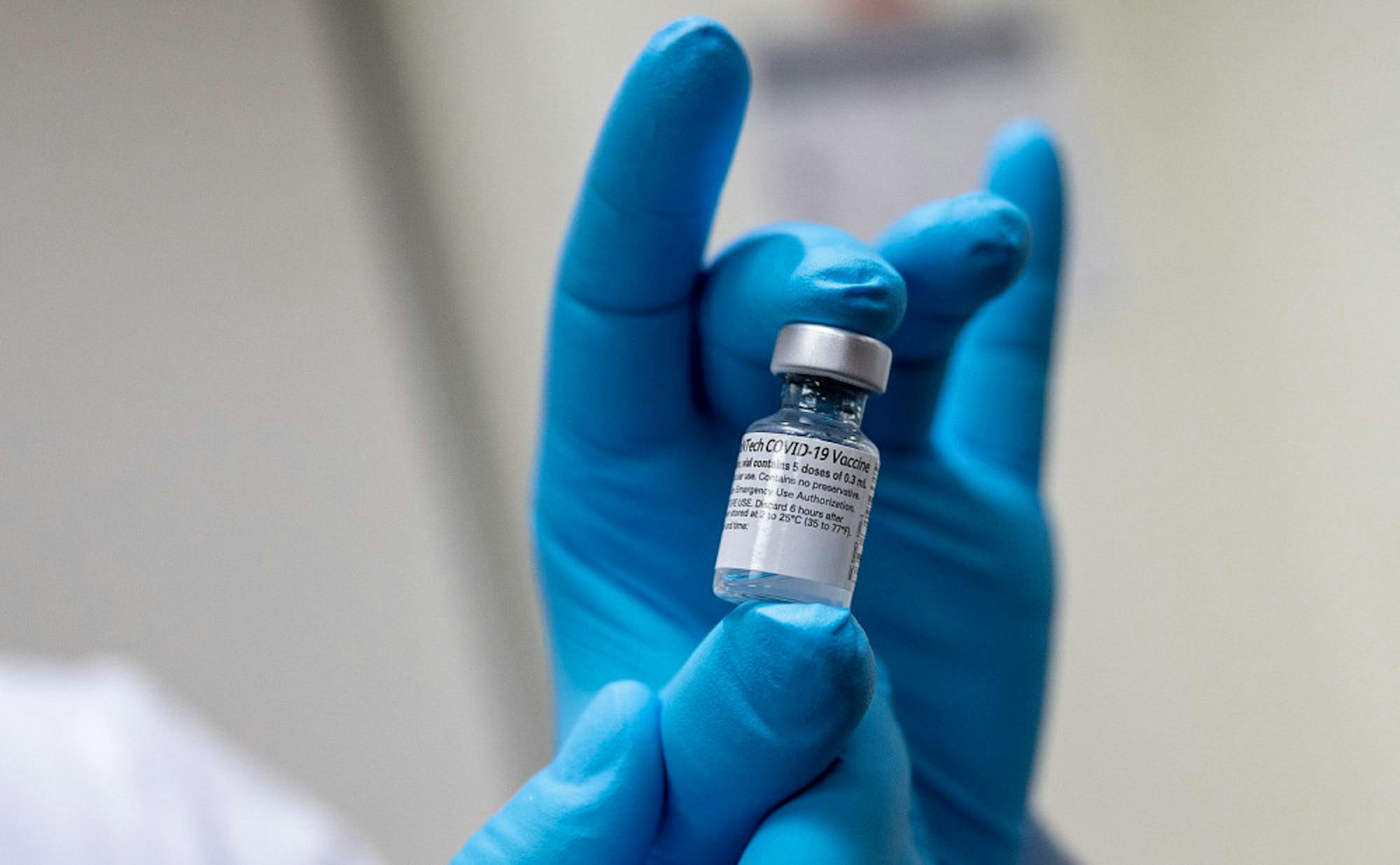The bivalent COVID-19 booster vaccine is no longer required for all university personnel and students, Michael Jordan, university infection control director, announced in a Jan. 5 email to the Tufts community. In addition to dropping the omicron booster mandate, Jordan noted that the influenza vaccine would become optional for all students on the Medford/Somerville and SMFA campuses.
While the omicron booster is no longer mandated, there are still vaccination requirements in place for every member of the Tufts community.
“All eligible students, faculty, staff, vendors, and affiliates must have received a COVID-19 vaccine primary series (two doses of the Moderna or Pfizer vaccine or one dose of the Johnson & Johnson vaccine) and at least one booster dose,” Jordan wrote.
Patrick Collins, executive director of media relations, explained that the university’s goal of having as many people as possible vaccinated remains unchanged.
“It became increasingly clear over the fall semester that, after nearly three years of the pandemic, we needed to try a new strategy to achieve this goal,” Collins wrote in an email to the Daily. “Simply put, continuing to mandate the bivalent booster was not having the effect we had hoped it would and, as a result, it increasingly became apparent that fully enforcing a mandate would be impractical.”
However, Collins noted that this does not mean people should be dissuaded from receiving the additional booster or continuing to take precautions against COVID-19.
“While no longer specifically required, the bivalent (Omicron) booster is still strongly recommended, and we will continue to remind people to get it if they are eligible,” Collins wrote. “The best way we can protect our students, faculty, staff, and host communities is with a high rate of vaccination.”
Even though the bivalent booster is no longer required, Tufts will continue to track university vaccination.
“We are continuing to ask people to get the bivalent booster if they are eligible and to upload their documentation to help the university track the level of community vaccination,” Collins wrote.
Community members are encouraged to upload their documentation as soon as possible or email SAHA-Imm-Admin@tufts.edu if they have already received the bivalent booster or influenza vaccination.
Collins added that as the state of the pandemic continues to evolve, the university reserves the right to amend all vaccination policies whenever necessary.
The change to the vaccine policy was not the only COVID-19-related news Tufts received recently. FEMA announced in December that it reimbursed Tufts nearly $21 million for its COVID-19 testing program.
Collins outlined what this would mean for the cost of testing and the testing program in general at Tufts.
“FEMA has obligated $20.6 million for the first and largest of several applications Tufts expects to submit for reimbursement of testing costs. This application covered testing costs from the start of the program through February 2022. Tufts has not yet received this payment,” Collins wrote. “Tufts expects to receive reimbursement for most of the costs of the testing program, with some exclusions, through June 30, 2022. There may be additional reimbursement for costs beyond that date, though not at 100%.”
The reimbursement from FEMA was not the only support Tufts received to compensate for the testing program and other COVID-19-related expenses.
“While receiving reimbursement for testing is a significant financial benefit to the University, reimbursement from FEMA along with another $20 million we received in federal Higher Education Emergency Relief Funds and HHS Provider Relief Funds, as well as $1 million in insurance reimbursement, covered about 1/3 of the over $130 million in increased costs and lost revenues Tufts experienced due to COVID,” Collins wrote.






